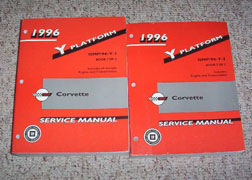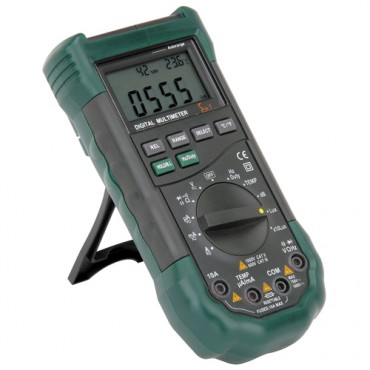heat burns out the modules in many cases and its not voltage but amps that generate much of the modules internal heat, obviously the cooler the body of the distributor is the faster the heat can be dissipated, so having constant outside air flow around the engine compartment helps absorb and dissipate engine heat
if your ignition wire resistance reads over 500-800 ohms per foot it tends to cause the module to heat up, more than would be ideal.
other potential problems
1 - Coil was starting to layer short, overloading the modules to failure.
2 - Rotor has burned through to the mechanical advance under it, over-loading the coil and/or modules to failure.
3 - Carbon brush damaged and/or incorrectly installed in the cap, overloading modules to failure.
4 - Bad ground between coil and yoke, small black wire from the coil. Coil yoke to bus bar ground bad, dirty, causing coils and/or modules to overload and fail. Bad coil ground at distributor body will also cause coil/module overloading and failure.
5- cross firing wires will short out the module fairly quickly
6-water in the distributor cap or coil will short out the module fairly quickly
Most common cause of module failure is still overheating of the in cap coil, and its layer shorting, causing increased resistance the coil trigger side of the module cannot handle. This can be from over-volting, rotor to carbon post issues, bad coil grounding, but mostly from the heat environment the coil lives in, in the cap.
high voltage from a alternator thats good bad diodes or a voltage regulator, in a stuck regulator producing upwards of 16 volts will kill the coil/module in one quick hurry.
The 5 wire HEI module functions EXACTLY the same as a 4 prong module, but has the 5th wire input for a stand alone knock sensor used on early non-fully computerized systems. If you had the small processor, sensor and wiring for the knock sensor, you could install it and have detonation protection. A regular 4 prong HEI module will interchange into that body, and eliminate the use of the knock sensor systems.
Reply With Quote
http://www.autotap.com/techlibrary/diag ... system.asp
Spark Plug Wires
The spark plug wires (ignition cables) carry high voltage from the coil or distributor to the spark plug. Some wires have carbon-impregnated fiberglass strands inside to carry the voltage while others have spiral-wound "mag" wire.
Plug wires can deteriorate with age causing misfires, hard starting and poor performance. Wires should be replaced if the boots or terminals are loose, damaged or corroded, if the wires are cracked or sparking, or if their internal resistance exceeds specifications.
On late model engines with coil-on-plug (COP) ignition systems, there are no plug wires because the coils are mounted directly on the spark plugs. This also complicates ignition diagnosis with a scope because special adapters are required to pick up an induced ignition signal from the coils.
Ignition Coils
Coils seldom fail, but when they do they can't provide voltage to the spark plug(s). On a single coil ignition system, a coil failure will cause the engine to quit and prevent it from starting. On a multi-coil DIS or COP ignition system, it will cause a misfire in only the cylinders supplied by the bad coil.
Coils can be tested by measuring their internal resistance with an ohm meter. If the coil's "primary" or "secondary" resistance is out of specifications, replace the coil.
Caution: Never disconnect a COP coil from its spark plug while the engine is running. Doing so may damage the coil or other electronics!
Ignition Module
Ignition modules may receive a trigger signal directly from a distributor pickup (magnetic, Hall effect or Optical), a crankshaft position (CKP) sensor or the PCM. A fault in any of these other components or the wiring can prevent the ignition system from firing.
An intermittent no start and/or stalling due to loss of spark may be a clue that the ignition module is failing, or that it is losing its trigger signal from the crank sensor. Check the resistance of the crank sensor (both hot and cold, not just at room temperature), and check to see that the module is receiving voltage and a trigger signal from the crank sensor or PCM. If the module has good inputs, but is not switching the coil(s) on and off, the module has reached the end of the road.
you really need to purchase a multi meter and a SHOP MANUAL and look thru the schematics
without testing theres almost no way to locate the source of your problem,, testing will tell you
http://www.helminc.com/helm
http://www.harborfreight.com/5-in-1-dig ... 98674.html
related info
http://forums.carcraft.com/70/8106463/g ... index.html
http://www.megamanual.com/ms2/GM_7pinHEI.htm
http://www.chevelles.com/techref/ftecref5.html
viewtopic.php?f=70&t=2798
viewtopic.php?f=70&t=3534
viewtopic.php?f=70&t=3301

